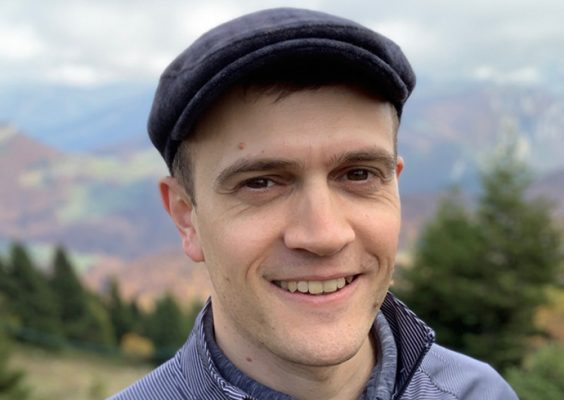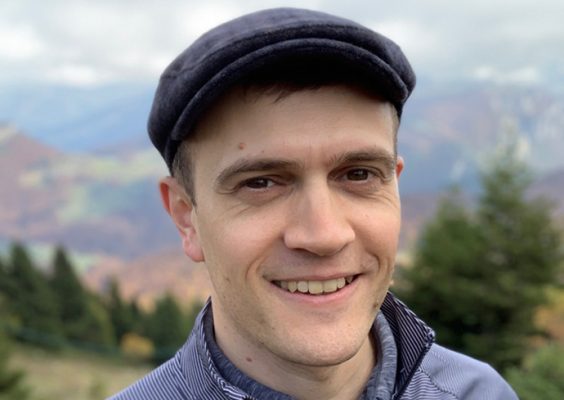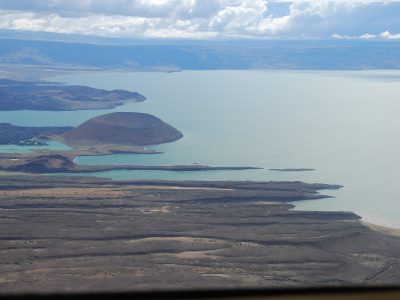The Department of Physics at Syracuse University has long partnered with the Laser Interferometer Gravitational-Wave Observatory (LIGO) to gain a deeper understanding of the fundamental workings of the universe. In 2015, the Syracuse University Gravitational Wave Group played a leading role in a discovery that confirmed Albert Einstein’s general theory of relativity, with the first detection of gravitational waves. Since then, physicists from the College of Arts and Sciences have continued to advance this body of knowledge.

Among these physicists, Professor Collin Capano has been awarded a continuing research grant from the U.S. National Science Foundation (NSF) for two of his projects which began in January of 2024 and are scheduled to be completed by fall of 2026. Capano is also the director of the Open Source Project Office, which is the University’s central information hub for using open-source software (code that anyone can inspect, modify and enhance).
Einstein’s prediction posited that gravitational waves emitted by black holes would have specific frequencies, akin to a chorus with people singing at various pitches. Capano’s first project, “Development of Efficient Black Hole Spectroscopy,” aims to explore Einstein’s theory by testing it in extreme conditions near black holes. Using data from the LIGO detector, researchers will examine whether these waves match Einstein’s predictions or reveal unexpected patterns, potentially uncovering new insights into physics.
The second project, “A Desktop Cluster for Detecting Compact Binary Mergers,” involves creating a network of computers to accelerate the search for gravitational waves in data produced in LIGO data. This innovation could significantly speed up the process and reduce costs, enabling more universities and colleges, particularly those with fewer resources, to participate in gravitational wave astronomy. Grant money from this award will be used to fund the construction, software development and testing of a cluster of processors.
The project also supports students, offering them opportunities to gain valuable data science skills, which are in high demand nationwide. Overall, this project not only pushes the boundaries of scientific knowledge but also promotes accessibility and diversity in STEM research.



